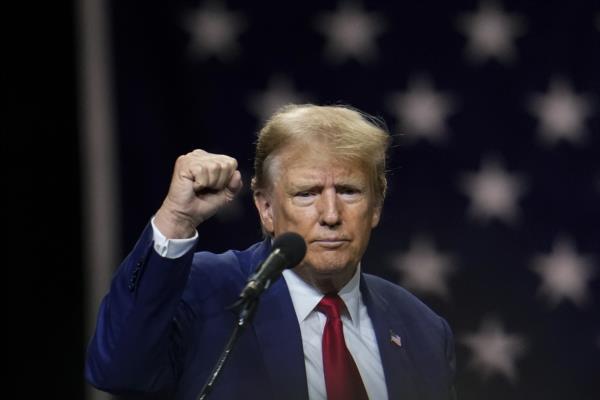
Recently, there has been speculation surrounding the potential delay of former President Trump's impeachment trial, with Judge Tanya Chutkan suggesting a possible August timeframe. However, a recent development in the court has raised questions about further postponement and its impact on the upcoming election.
The delay in the trial is attributed to the ongoing review of the obstruction statute by the United States Supreme Court. This crucial aspect needs clarification before a comprehensive defense strategy can be outlined. The decision to grant cert by the Supreme Court indicates the significance of the case and the need for clarity on legal parameters.
While some critics, including former federal officials, have expressed skepticism about the necessity of the Supreme Court's involvement, citing a previous opinion by the DC Circuit, others argue that the case raises vital questions regarding absolute immunity and its implications on executive authority.



Referencing the precedent set by Nixon v. Fitzgerald, the issue of absolute immunity and its potential impact on criminal liability and official acts is highlighted. The concern over potential interference with the executive branch's functions underscores the complexity of the legal matter at hand.
The looming uncertainty surrounding the trial and its potential implications on the election season has sparked debates among political factions. Democrats' push for a delay is viewed by some as a strategic move to influence the election outcome, while others see it as a necessary legal process to ensure a fair trial.
As the legal proceedings unfold, the possibility of further delays and the broader implications on the political landscape remain subjects of intense scrutiny and debate. The intersection of law and politics in this high-profile case underscores the complexities of the legal system and its impact on the democratic process.







